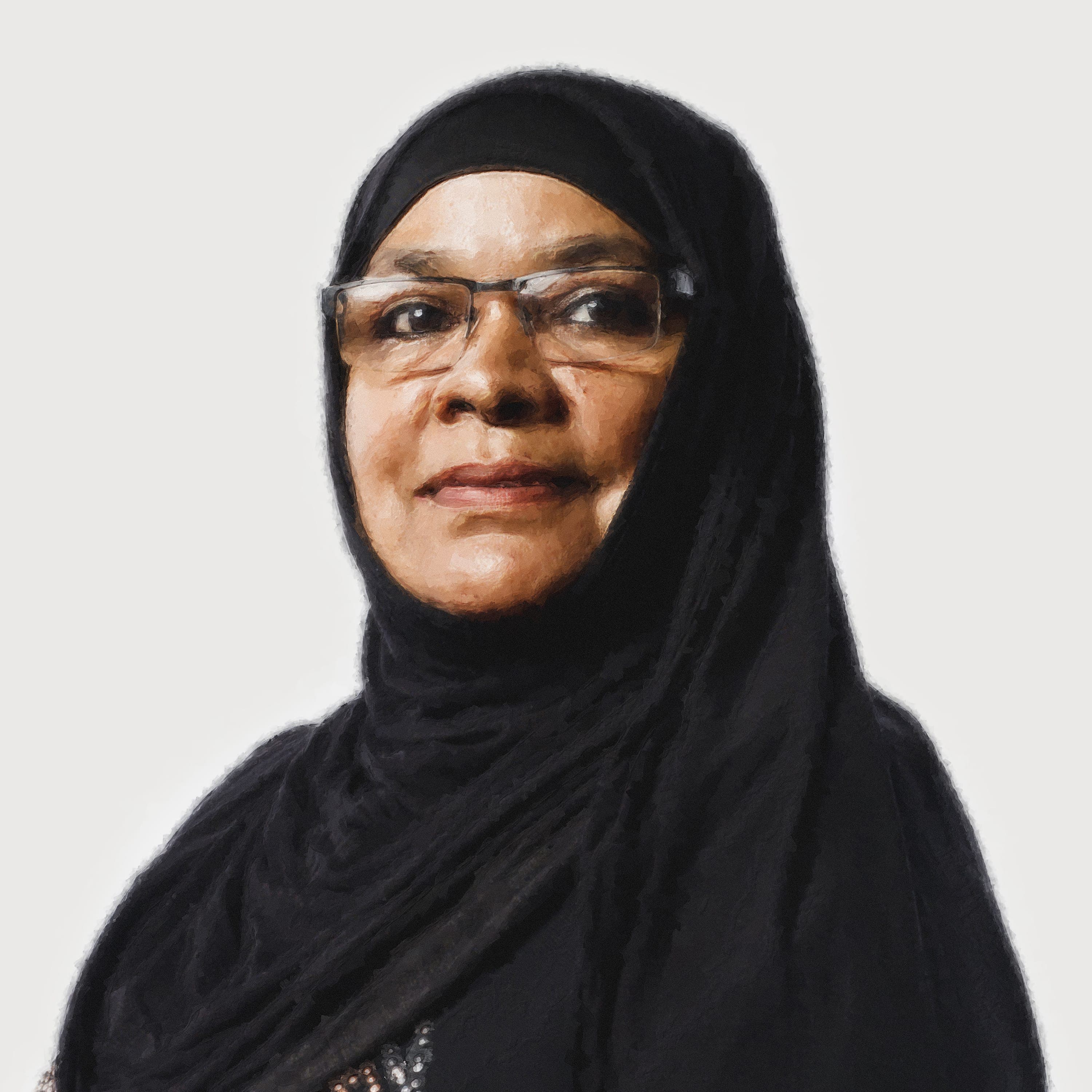NETFA: Webinars on FGM/C
Throughout 2022-2024, NETFA is hosting a series of webinars with our national partners across Australia, to exchange knowledge on the latest research and efforts to end FGM/C as well as support communities affected by FGM/C, in the Australian context.
You can find the webinars on the Multicultural Centre for Women’s Health YouTube channel.
About NETFA and FGM/C
NETFA stands for National Education Toolkit for Female Genital Mutilation or Cutting Awareness. It is a part of coordinated national effort to address Female Genital Mutilation or Cutting (FGM/C) in Australia.
FGM/C involves deliberate cutting or altering of the external female genital organs for non-medical reasons. While personal experiences vary, the World Health Organisation has classified FGM/C into 4 main categories.
Globally it is considered to be a violation of human rights. Despite an international commitment to end FGM/C it continues to be practiced due to a combination of social, economic and culturally ingrained beliefs around gender.
One of the main aims of NETFA is to provide information and resources to assist health professionals to be able to appropriately support women living in Australia who have experienced FGM/C. Currently that support can be hindered by lack of cultural understanding, lack of awareness about what is involved in the practice, and the health issues that arise from it, and language barriers.
Women and girls can experience a variety of health complications and risks from FGM/C. Some will experience severe and life-long physical and mental health problems. Others may not feel their health has been affected. Women may also feel differently about experiencing FGM/C. Some may feel strongly that their human rights have been violated, while others may not view the practise in the same way. You can read and hear some personal stories here.
Resources for Health Professionals
This website provides a range of toolkits, guides, publications, videos, standards, best practice approaches, research and other resources to assist health professionals to be able to both understand the health issues resulting from FGM/C, while respecting the cultural dignity of the women and girls they treat.
These resources include guides for health professionals, as well as a number of fact-sheets on FGM/C in a number of languages other than English. You can find those resources by clicking the link below.
